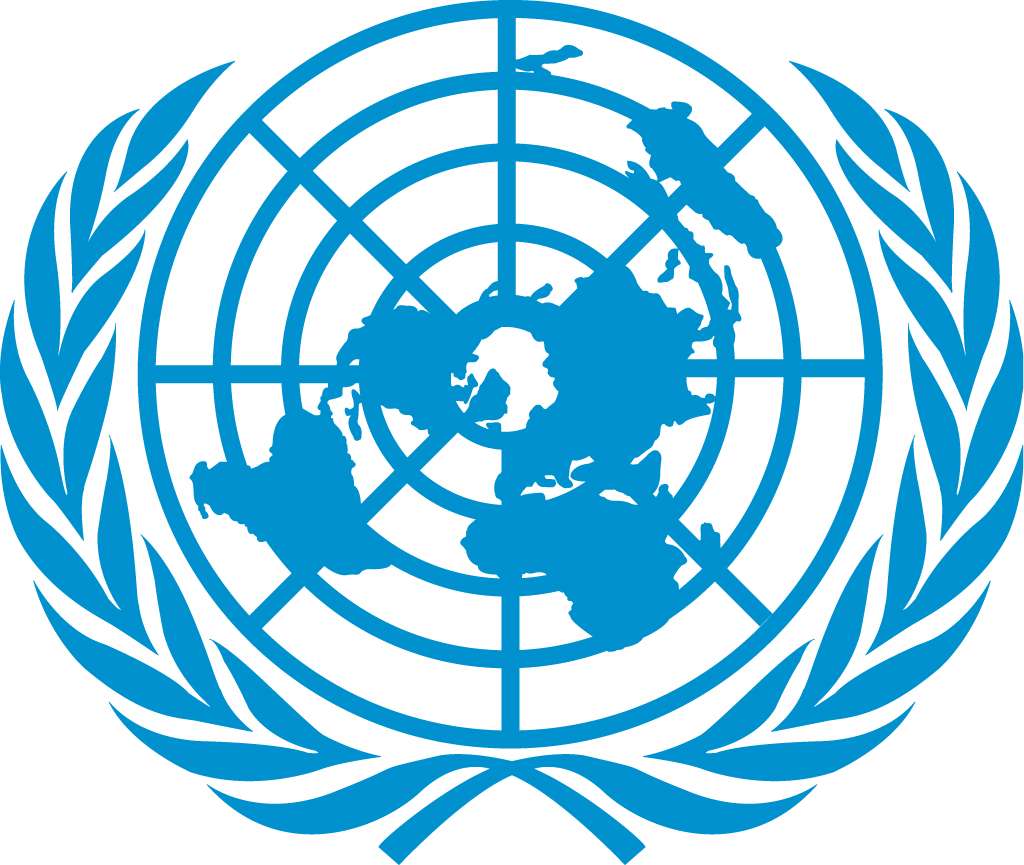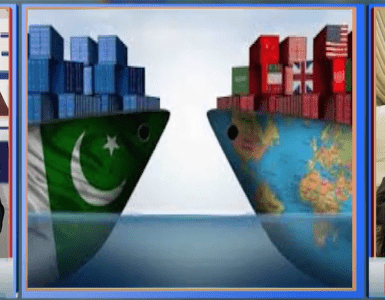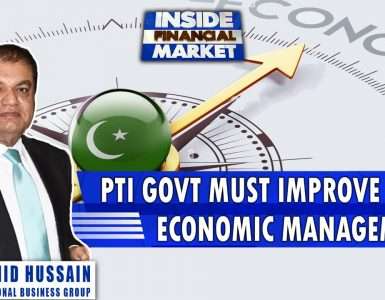The world economy stumbled in 2015 and only a modest improvement is projected for the upcoming year, as a number of cyclical and structural headwinds persist, according to a United Nations report to be released next month.
The ‘World Economic Situation and Prospects 2016’ report estimates global growth at a mere 2.4 per cent in 2015, down 0.4 percentage points from the UN forecasts presented six months ago.
A summary of the report, released by the United Nations Department of Economic and Social Affairs, says that amid lower commodity prices, large capital outflows and increased financial market volatility, growth in developing and transition economies has slowed to its weakest pace since the global financial crisis of 2008-09.
The world economy is projected to grow by 2.9pc in 2016 and 3.2pc in 2017, supported by generally less restrictive fiscal and still accommodative monetary policy stances worldwide, it adds.
The report identifies five major headwinds for the global economy: persistent macroeconomic uncertainties; low commodity prices and diminished trade flows; rising volatility in exchange rates and capital flows; stagnant investment and productivity growth; and continued disconnect between finance and real sector activities.
The weakness in growth is also adversely impacting labour markets in many developing and transition economies, it says.
Growth in developed economies will gain some momentum in 2016, surpassing the 2pc mark for the first time since 2010, the report notes. Economic growth in developing and transition economies is expected to bottom out and gradually recover, but the external environment will continue to be challenging and growth will remain well below its potential.
The report indicates that the challenges for policymakers around the globe are likely to intensify in the short run in view of the weaknesses in the world economy and difficult trade-offs in the areas of monetary, fiscal and exchange rate policies.
Developing economies in general would need to find new sources of growth domestically or regionally to escape the potential downward spiral emanating from shocks relating to commodity prices and the exchange rate.
This would require governments to pursue comprehensive structural transformation and industrial policies that would mobilise domestic savings and investment, improve institutions and corporate governance and reduce transaction costs and increase competitiveness.
Sustained and sustainable improvement in labour productivity would allow many developing countries to create more decent jobs, increase the labour share of income and reduce income inequality both within and between countries.
The report says that more than seven years after the global financial crisis, policymakers around the world still face enormous difficulties in restoring robust and balanced global growth.
In developed countries, most of the burden of promoting growth has fallen on central banks, which have used a wide range of conventional and unconventional policy tools, including various large-scale quantitative easing programmes, forward guidance and negative nominal interest rates.
Given the massive build-up of private debt in many emerging economies, policymakers would need to fine-tune their policy mix — more active fiscal policies, macro-prudential instruments, targeted labour market policies, among others — amid volatile global financial conditions.
The report highlights that monetary policies did most of the heavy-lifting since the global crisis to support growth but the time has come for fiscal policies to play a greater role. Well-designed and targeted labour market strategies are needed to complement fiscal policies to re-invigorate productivity, employment generation and output growth.
The report also shares some positive recent trends in environmental sustainability. Global energy-related carbon emissions experienced no growth in 2014 for the first time in 20 years, with the exception of 2009 when the global economy contracted. This suggests the possibility that the world might start to see some de-linking between economic growth and carbon emission growth.
At the same time, the report warns that the broad slowdown in economic growth in many developing economies could restrain progress in poverty reduction in the near term and derail long-term sustainable development. To avert such a scenario and stimulate inclusive growth, more effective policy coordination is needed at the national, regional and global level.
Further progress in poverty reduction could come from policy interventions that also address inequality, such as investment in education, health and infrastructure, and stronger social safety nets, the report says.









